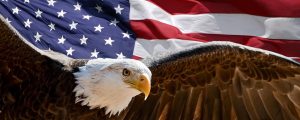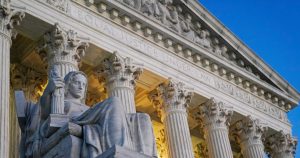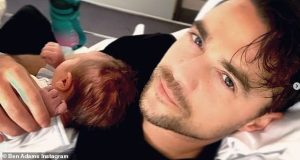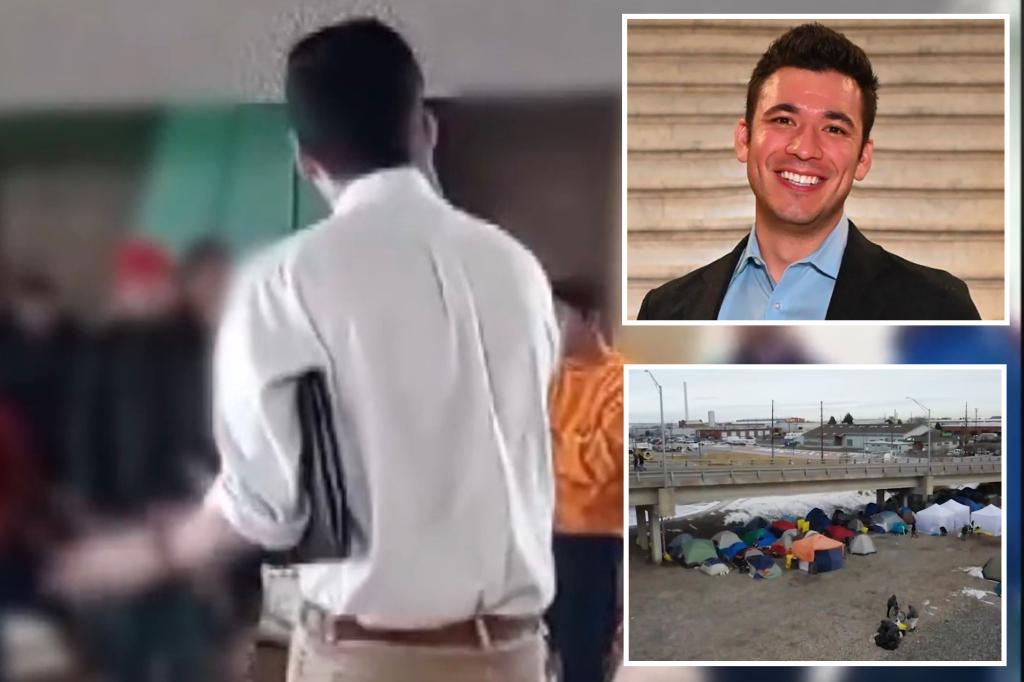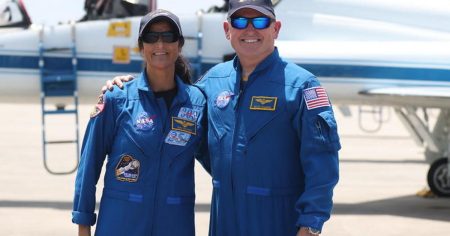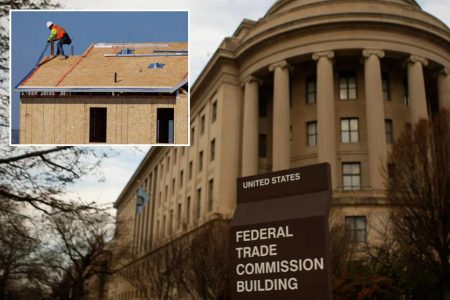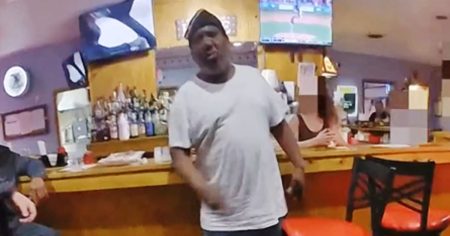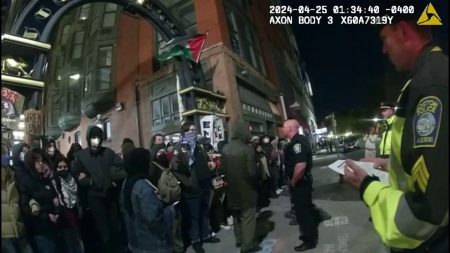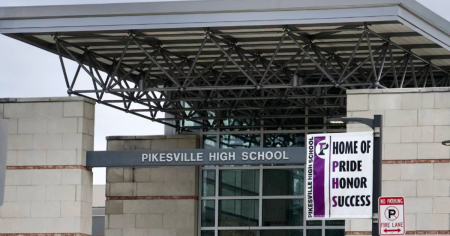A video obtained by 9 News showed Denver city worker Andres Carrera encouraging migrants to leave the city and head to New York or other US cities due to the lack of resources available in Denver. Carrera made it clear that staying in Denver would result in more suffering for the migrants as the city had reached its limits in supporting them. He offered the migrants the opportunity to board a bus paid for by the city to go to destinations like New York, where there would potentially be more job opportunities and longer-term shelter available. However, only migrants near the northern border would be taken by bus, not over it.
Denver typically houses individual migrants for two weeks and migrant families with children for six weeks before they are required to leave the shelters. The city has faced possible budget cuts and limited resources as it deals with an influx of migrants, similar to other major cities across the nation. Texas Governor Greg Abbott has been vocal about shipping over 100,000 migrants by bus to so-called sanctuary cities since August 2022. New York, in particular, has been overwhelmed by the newcomers, leading Mayor Eric Adams to declare a crisis and suggest migrants find other areas in the country to stay.
At the end of his talk, Carrera asked the group of migrants how many wanted to leave for another city, but few expressed interest. When asked who wanted to stay in Denver, a migrant responded that everyone did. Despite the city worker’s advice to leave for other locations with more resources, it appeared that the migrants were determined to remain in Denver. The email sent to the Denver mayor’s office regarding the video clip was not immediately returned, leaving questions about the city’s approach to supporting migrants in need.
The situation highlighted in the video reflects a larger issue faced by cities across the US as they grapple with providing resources and support to migrants in need. Denver’s struggle to accommodate the influx of migrants and potential budget cuts have led city officials to encourage migrants to seek alternatives elsewhere. However, the migrants’ choice to stay in Denver despite the challenges suggests a strong sense of determination and resilience among those seeking refuge and assistance.
While major cities like New York and Chicago may offer more job opportunities and longer-term shelter, the migrants’ decision to remain in Denver indicates a desire to build a community and establish roots in the city. The lack of available resources and ongoing budget concerns in Denver present challenges for both the city and the migrants seeking support. The video clip sheds light on the complexities of the migrant crisis and the need for sustainable solutions to address the growing demand for resources and assistance in cities across the nation.


